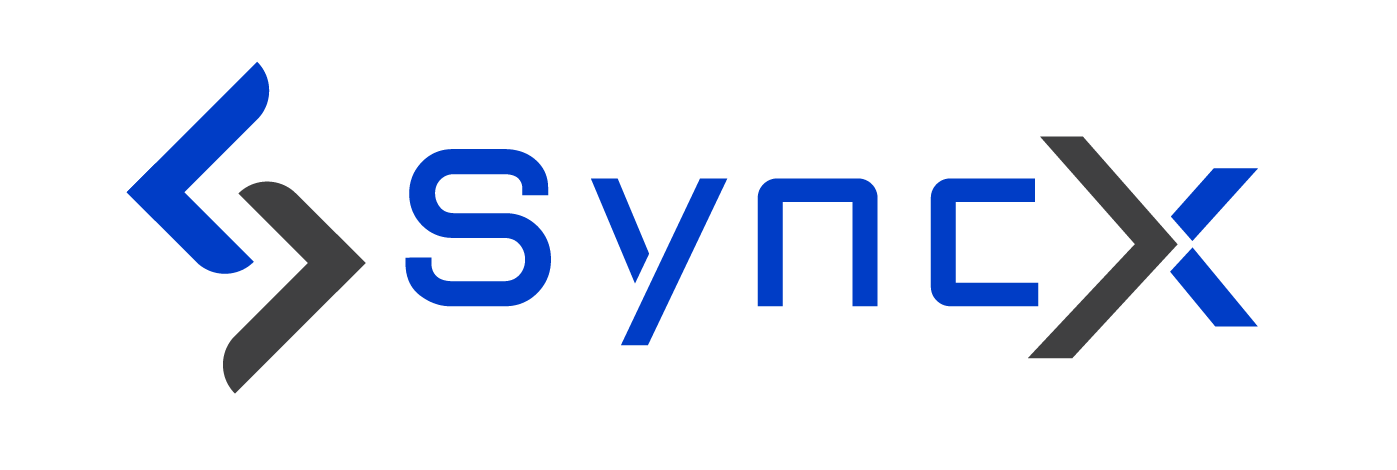
In the fast-evolving world of business, companies that embrace digital transformation through cloud technology are miles ahead of those that don’t. As we step deeper into 2025, the battle of cloud users vs non-cloud users becomes critical for businesses aiming for growth, agility, and sustainability.
At the heart of this transformation is SyncX, a powerhouse of business consulting and automation services. With cutting-edge tools and personalized strategies, SyncX is helping forward-thinking companies migrate to cloud ecosystems and thrive.
What Is the Difference Between Cloud Users and Non-Cloud Users?
✅ Cloud Users
Cloud users leverage hosted platforms, SaaS solutions, and cloud computing to store data, run applications, collaborate remotely, and manage infrastructure with greater flexibility.
❌ Non-Cloud Users
These businesses rely on traditional in-house servers and software, which require manual updates, offer limited scalability, and demand higher maintenance.
Q: Why are cloud users growing faster than non-cloud users?
A: Cloud users enjoy lower costs, real-time collaboration, and scalability, making them better positioned for innovation and global competitiveness.
The Benefits of Being a Cloud User in 2025
Scalability and Flexibility
Need to scale your operations overnight? Cloud platforms like AWS, Azure, and Google Cloud enable rapid scaling without investing in physical infrastructure.
Remote Access and Workforce Collaboration
With hybrid and remote work becoming the norm, cloud tools allow employees to access files and systems anytime, anywhere. Tools like Microsoft Teams, Slack, and Zoom are built around cloud infrastructure.
Business Continuity and Disaster Recovery
Cloud backups ensure data safety, business continuity, and quick disaster recovery, something non-cloud systems struggle with due to physical dependency.
Cost Efficiency
Cloud solutions operate on a pay-as-you-go model, reducing upfront hardware and software costs. Plus, no need for costly maintenance or physical storage space.
Why Are Non-Cloud Users Falling Behind?
High Infrastructure Costs
Traditional IT requires constant investment in hardware, cooling, security, and updates. These costs add up, especially for growing businesses.
Security Risks
While many believe the cloud is unsafe, it’s quite the opposite. Cloud platforms offer advanced security protocols and AI-driven threat detection. In contrast, legacy systems are more vulnerable to breaches.
Limited Innovation
Cloud-based businesses can experiment with AI, machine learning, and automation tools. Non-cloud users miss out on these advantages, staying stuck in manual processes.
How SyncX Helps Businesses Transition to Cloud Ecosystems
SyncX isn’t just a consulting company; it’s a digital growth partner.
Strategic Cloud Migration
SyncX analyzes your current IT environment and customizes a roadmap to safely and effectively migrate your data and apps to the cloud.
AI-Powered Business Automation
Using AI tools, SyncX automates marketing, reporting, workflows, and client management, freeing up your team to focus on growth.
Real-Time Monitoring and Optimization
From traffic spikes to software performance, SyncX offers analytics and monitoring tools to fine-tune your cloud operations continuously.
Q: Is It Safe to Move My Business to the Cloud?
A: Yes. With encrypted connections, multi-factor authentication, and compliance certifications (GDPR, HIPAA, etc.), cloud platforms offer stronger security than on-premise systems.
Cloud Users vs Non-Cloud Users: A 2025 Business Comparison Table
Feature | Cloud Users | Non-Cloud Users |
Infrastructure Cost | Low (pay-as-you-go) | High (hardware, IT staff) |
Scalability | Instant | Time-consuming |
Collaboration Tools | Seamless (remote-ready) | Limited to local devices |
Backup & Disaster Recovery | Automatic | Manual or none |
AI & Automation Tools | Easily integrated | Limited or unavailable |
Speed of Innovation | Fast-paced | Sluggish |
Security | AI-driven protocols | Manual processes |
Accessibility | 24/7 from anywhere | Device/location-bound |
SyncX in Action: Real-World Case Study
Client: Mid-size UAE-based logistics firm
Challenge: Inefficient internal processes, long decision cycles
Solution:
- SyncX migrated the firm’s internal systems to Google Cloud
- Integrated marketing automation via AI tools
- Set up cloud-based CRM and project management solutions
Result:
- 32% increase in productivity
- 41% reduction in operating costs
- 50% faster client turnaround
Q: What Is the First Step to Moving to the Cloud?
A: The first step is auditing your existing IT environment. SyncX provides a free assessment to identify cloud-ready operations and map out the most efficient migration path.
Final Thoughts: The Future Is Cloud and SyncX Leads the Way
In the evolving landscape of cloud users vs non-cloud users, the winners are those who embrace change, leverage automation, and adopt cloud-powered systems. SyncX ensures that your business doesn’t just adapt, it excels. Whether you’re a startup or an enterprise, partnering with SyncX unlocks secure, scalable, and future-ready solutions designed to drive measurable success.
Ready to Migrate to the Cloud? Contact SyncX Today.
Visit SyncX.net.au to explore custom consulting, automation, and transformation services for your business.

